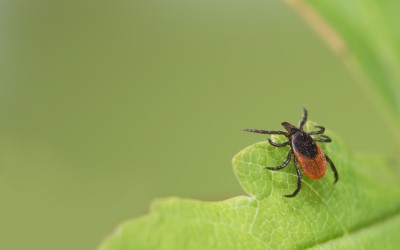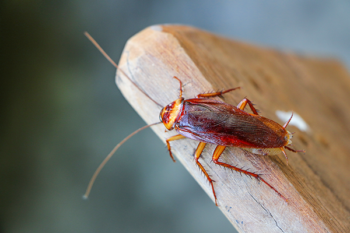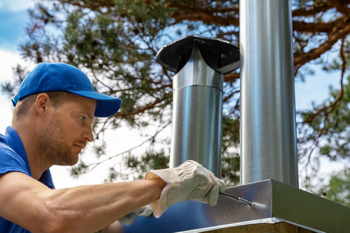
The changing climate is having an impact on ecosystems all over the world, and the state of Michigan is no exception. One of the most noticeable effects of climate change in Michigan is the changing behavior of pests, which are becoming more abundant and more destructive than in the past. Let’s examine how climate change is affecting the behavior of pests in Michigan, and what this means for the state’s residents.
First and foremost, it’s important to understand what we mean by “pests.” Pests are insects, rodents, and other creatures that damage crops spread disease, and cause other problems for humans and other animals. Common pests in Michigan include mosquitoes, ticks, mice, and various species of beetle and caterpillar that can damage crops and trees.
Increased Reproduction
One of the ways that climate change is affecting pests in Michigan is by altering their behavior patterns. As temperatures rise and weather patterns become more extreme, pests are adapting in ways that allow them to thrive. For example, warmer temperatures and longer growing seasons mean that some pests are reproducing more quickly and producing more offspring than in the past. This can lead to outbreaks of pests that can devastate crops and gardens.
Another way that climate change is affecting pest behavior is by altering their geographical range. As temperatures warm, some pests are moving northward into regions where they were previously unable to survive. This can lead to new infestations and new challenges for farmers and other landowners. Additionally, some pests that are already present in Michigan are becoming more abundant and more destructive, which can have significant economic and ecological consequences.
The Spread of Disease
Perhaps the most significant impact of climate change on pest behavior is the way it affects the spread of disease. As temperatures warm, some pests are able to survive in new areas where they previously could not. This can lead to the spread of diseases like West Nile virus and Lyme disease, which are transmitted by mosquitoes and ticks, respectively. These diseases can be serious and even life-threatening, and they pose a major threat to the health and well-being of Michigan residents.
Lyme Disease
One example of a pest that is being impacted by climate change in Michigan is the black-legged tick (also known as deer tick), which is the primary vector for Lyme disease. Warmer temperatures are allowing black-legged ticks to expand their range further northward in Michigan, making Lyme Disease a risk where previously it wasn’t present. Additionally, warmer temperatures are allowing ticks to become active earlier in the year, leading to a longer tick season.
Mosquito-borne Disease
Climate change is also impacting the behavior of mosquitoes in Michigan. Warmer temperatures and changing precipitation patterns, especially increased precipitation in many places, are leading to an increase in mosquito populations, which can transmit diseases like West Nile virus and Eastern equine encephalitis.
Trusted Michigan Pest Control
No matter how pest behavior changes, you can count on Griffin Pest Services. We’ve been delivering quality pest control to Michigan residents since 1929. If you’re experiencing new pest issues, call us for a free quote.





